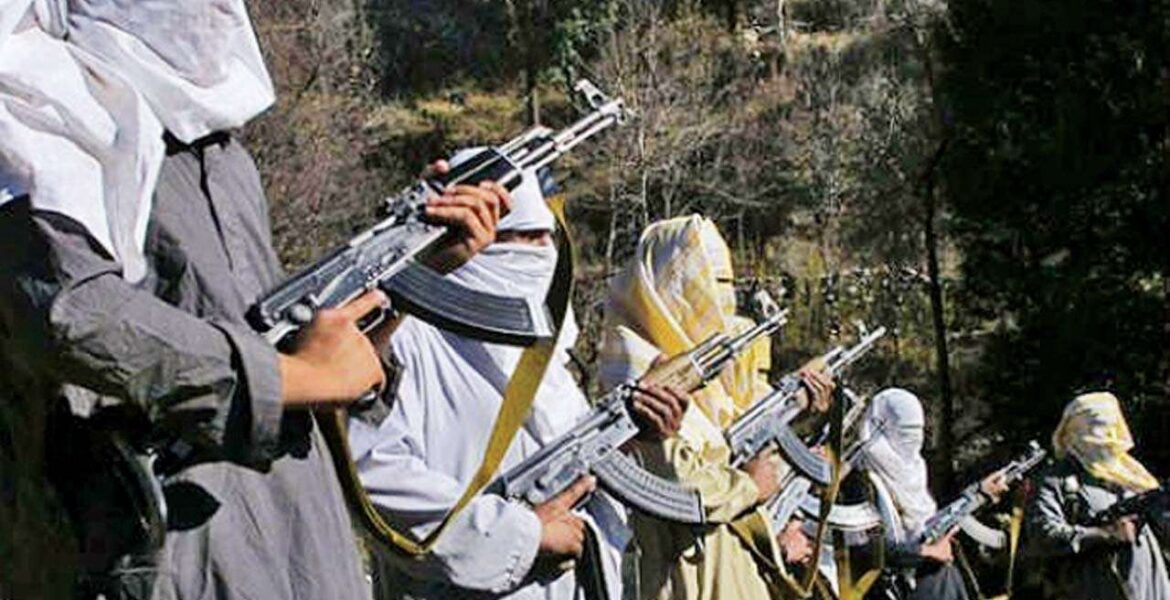Looking at the history of the Islamic Republic of Pakistan, sectarian violence has been a part of the Pakistani state since its independence. But of late, developments suggest that sectarianism is seeping through the sections of society previously untouched by religious fundamentalism.
During the 1980s and 90s, the Deobandi Sunni Groups primarily triggered the violence. Sipah-e-Sahaba Pakistan (SSP) and its branch Lashkar-e-Jhangvi (LeJ) were the prominent actors during that time. However, the rise of the Salafi Islamic State Khorasan Province (ISKP) and Tehreek-e-Labbaik Pakistan has posed a new challenge since these two organizations’ adherents come from the more fundamentalist Barelvi Sunni community.
Since the banning of LeJ and SSP in 2001, its cadres had largely lied low. But now, they have taken refuge in the Islamic State’s local wing. As a result, ISKP has expanded its presence and influence in Khyber Pakhtunkhwa and Baluchistan provinces. It has taken responsibility for most of the violent attacks that have happened in these two provinces.
In the past few months, two incidents rang the alarm bells vis-à-vis the emerging and rapidly growing threat of sectarian violence in the country. The first incident occurred when a mob lynched a Sri Lankan factory manager as he was allegedly accused of blasphemy in Pakistan’s Sialkot district in December 2021. The second incident is gruesome as it involved the bombing of a Shia mosque. This happened in March 2022, and according to the reports, more than 60 citizens lost their lives. These two incidents indicate the extent to which the Sunni Islamist extremist groups are ready to go to project their hardcore sectarian ideology.
Sectarian strife is now a connecting thread for most of Pakistan’s active Sunni Islamist groups. This includes Barelvi elements as well, who were earlier considered to be more moderate when compared with others. One of the most active movements in Pakistan is led by Labaik. Its supporters are primarily from the Barelvi, which constantly threatens ISKP’s underground network. Since 2017, Labaik has gained significant prominence in Pakistan in the context of sectarian atrocities as it has been invoking and conducting one of the most severe sectarian violent activities to date. The driving ideology behind Labaik is the disapproval of so-called insults to the Prophet Muhammad. The mob lynching of the Sri Lankan factory manager was an outcome of this rage. Labaik has adopted a strong anti-Shia agenda, resulting in a break between Barelvis and Shias over ritual practices.
Witnessing such extreme actions by Sunni extremists, the minority Shia community is living under constant fear of threat to their lives. It has repeatedly faced the Pakistani security forces’ rage against them since the latter has been suspicious about the former’s links with Iran. Moreover, authorities have used the blasphemy laws as an instrument to target the Shia community time and again.
The Pakistani state has been unable to find a long-term solution for the sectarian violence and the organizations which provoke it. It is a bitter truth that neutralizing the influence of Labaik is not going to be an easy task since its very ideology is based on the issue of blasphemy – something that is very emotionally appealing to Pakistani society.
The increasing trend to incite sectarian violence is also subtly fueled by the state. The government and various law enforcement authorities are very close to the radical elements, often protecting and capitulating to them, whereas they should be the ones playing an active role in protecting minorities. Ahmadis, one of the minority communities in Pakistan, were declared as ‘non-Muslims’ in the parliament of Pakistan way back in 1974. They are often denied constitutional rights and made to suffer by the mainstream society in Pakistan, and the state machinery is an important actor witnessing this.
During the previous Pakistan Tehrik-e-Insaf (PTI) government, the state was accused of not just suppressing but inciting religious violence. People threatened to execute those who undermined or disrespected the teachings and supreme moral authority of the Prophet Muhammad. One of the PTI ministers, Ali Muhammad Khan, allegedly encouraged the radical elements to kill those who commit blasphemy according to their definition of the law. In 2020, several incidents of people getting killed in sectarian conflicts were reported. But the state supported the radical elements by ignoring the oppression of minorities.
This shows that the government in power, in order to expand its own political objectives, is willing to join hands with radical elements without any due regard to the fate of the minorities, who are often at the receiving end of these extreme elements.he treaty represents European as well as Greek borders.


